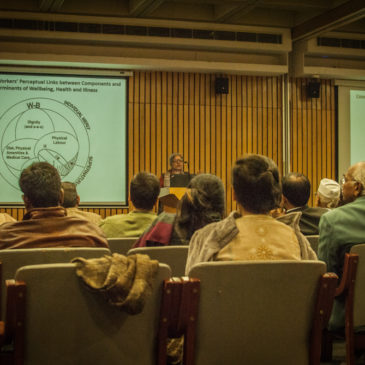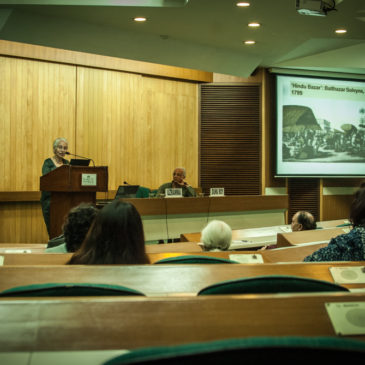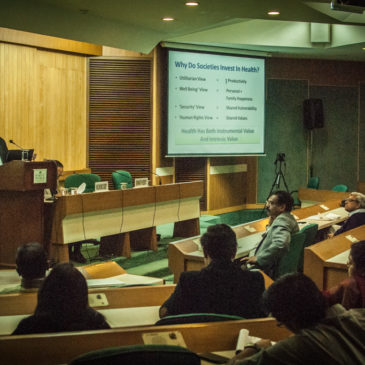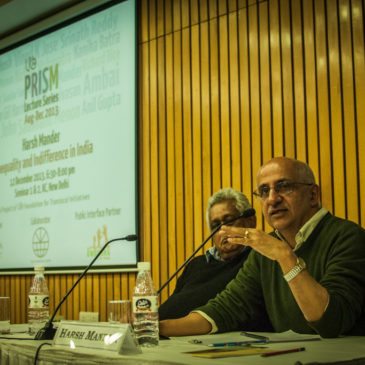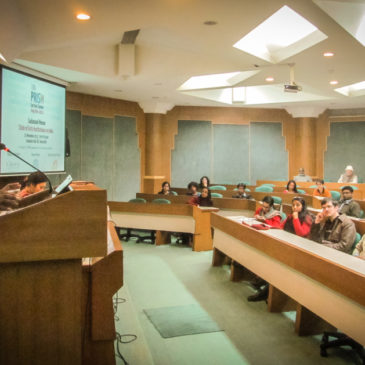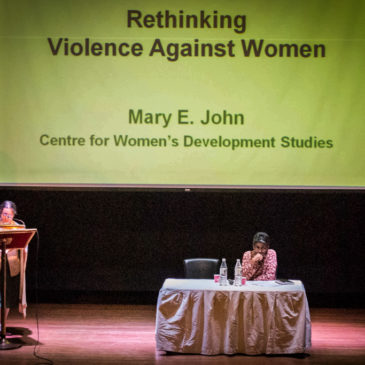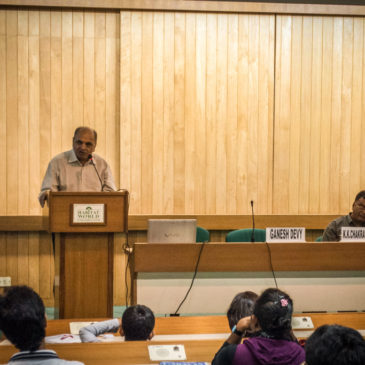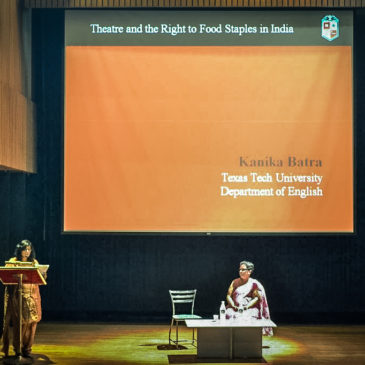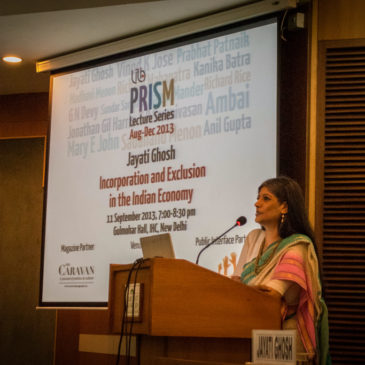Ritu Priya Mehrotra: Health Culture as Continuity
“Health culture is not just medical culture. It is larger, wider. Looking at health culture, it is understanding that health has always been the primary centre and concern of civilisations.” Disciplinary fields, spaces and times were transcended on December 11th, as community health practitioner and Professor Ritu Priya Mehrotra argued for ‘Health Culture as Continuity’. “This is how we moved along, growing, properly, a sense of health care. Communities evolved, developing technologies to complement the environment, in support of the basic health requirements. Then only, power structures and social stratification happened.” In this long process, phases of biological plateaus permitted further developments: “slowly, a biology-culture balance is arrived at. The community benefits from a low endemicity… till new disturbances arrive: revolutions, invasions.”


